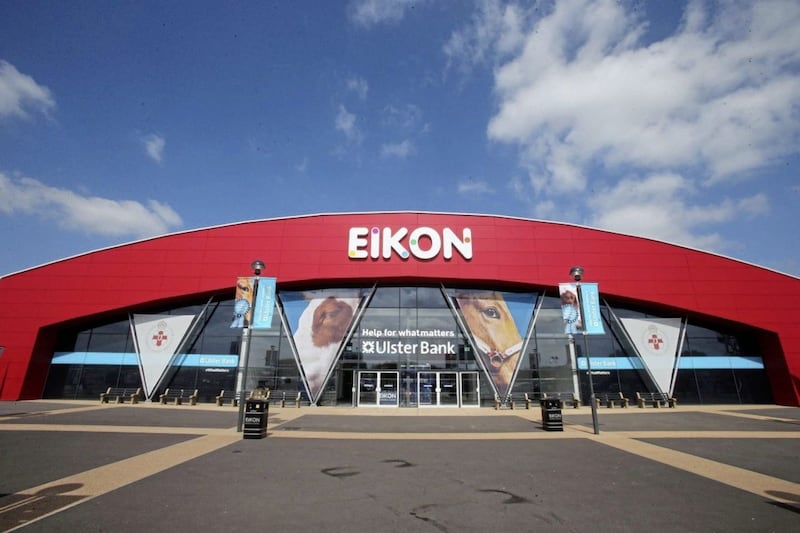WHEN did you last visit a farm? Are you still relying on childhood memories of running around a farmyard with chickens, pigs and cows? If so, you’re in for a surprise.
Things are changing, quietly but profoundly, among our farm businesses. For a start, understanding that farms are businesses is a change in itself. Modern farms turn over large sums of money, but the margin of error between profit and loss is becoming ever narrower. And if a business approach isn’t adopted, survival is questionable.
Farms always undergo change, none more so than the introduction of Harry Ferguson’s tractors in the 1940s which spurred dramatic increases in farm output. Today’s changes are much less visible, but the use of IT in agriculture is beginning to rapidly change business practice. The leaders of 21st century farming will be those who embrace digital technology, not necessarily to increase output, but to focus on efficiencies and reduce production costs.
If, for example, a modern farmer has a cow due to calve they no longer need to stay in the yard waiting. Some have cameras in the shed streaming live video to their smartphone. Others fit a small device to the cow’s tail which texts the farmer when calving is imminent. Livestock births, deaths and animal movements off farm can now be made from a phone app.
Cows can be milked by robotic parlours with individual electronic tags providing live information about individual animals. Cow heats can also be monitored to improve herd fertility. Fertilizer can be sown using a GPS device to match soil quality to rate of application - maximising productivity and reducing waste.
The smartphone is an invaluable farm tool with apps for buying, selling, weather updates, online banking, farming news and commodity prices - never mind catching a spare moment to watch a few new tractor videos!
E-technology, however, needs quality broadband infrastructure. Rural areas shouldn’t be neglected in the battle for resources with urban hubs. Farmers need access to fast, high speed connections to maximise the potential of new IT systems. Government bodies and agencies are starting to insist on online submissions to reduce paperwork, but this must be backed up with proper broadband provision in rural areas.
From an insurance perspective, the need for standard covers for livestock, buildings and liabilities is also starting to change. Specialist cover for IT equipment and cyber liability protection against financial crime will also be required.
As the amount of sensitive online farm data increases, so too does the risk of potential online fraud. The insurance industry is adapting to offer protection for this increasing risk and it is a product line that is fast becoming an essential part of farm business insurance cover.
Technology is already changing farming techniques and practices, but the pace of change is beginning to accelerate. It’s an exciting time as digital advances provide entrepreneurs with the means to develop ever more complex technologies to enhance farm profitability.
Digital advances will also change the way that agricultural insurance brokers operate. The challenge for both our customers and ourselves is to stay ahead of the agri-tech revolution, ensuring that we continue to protect and support our farmers of the future.
:: Richard Henderson is head of agriculture insurance at Autoline Insurance Group (www.autoline.co.uk)









